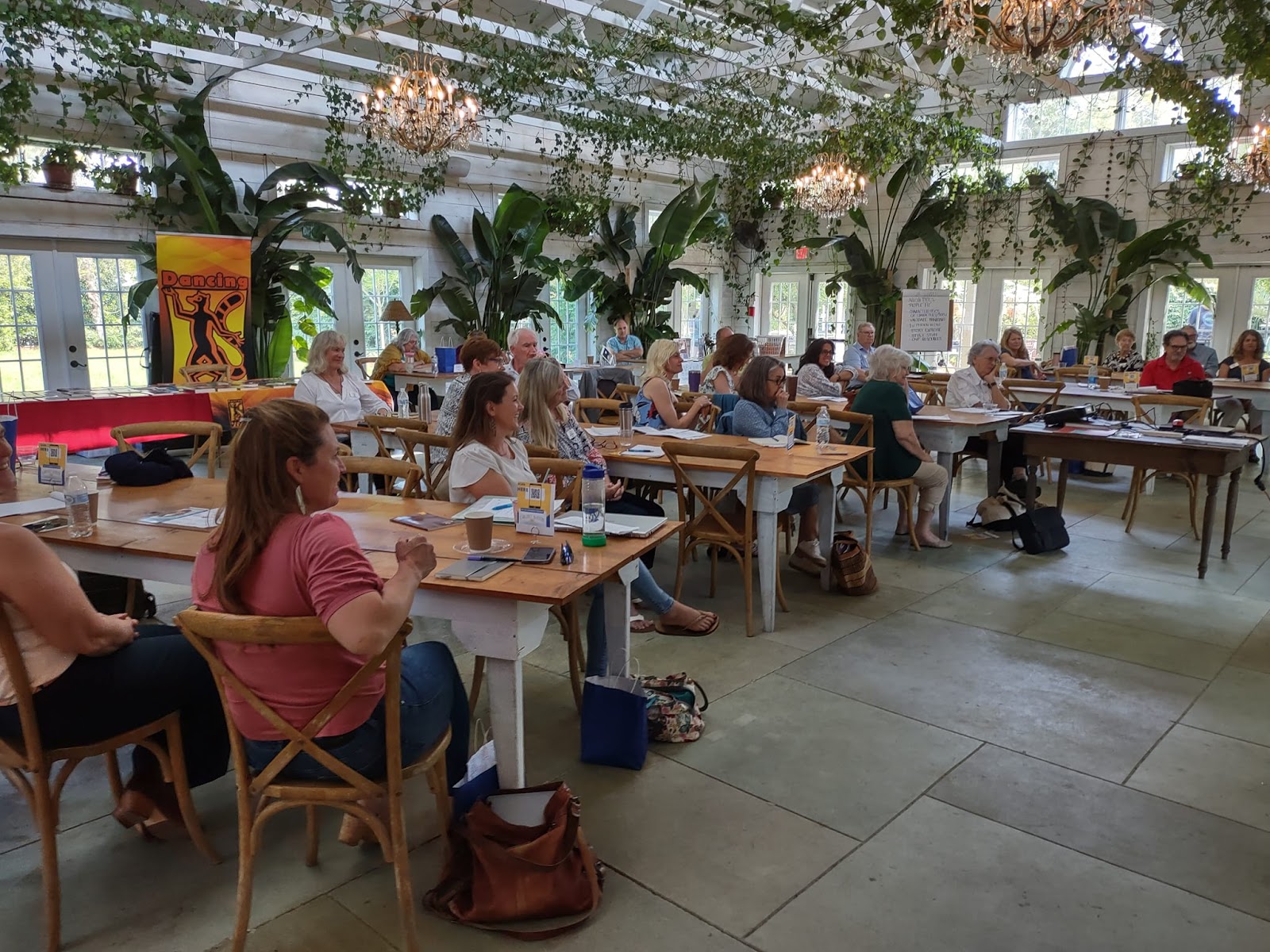I (Donis) have been fascinated by my blog mates' thoughts on ending a novel. (Sybil's fabulous information on the saggy middle is great, too) I agree that the end of a novel is easily as important as the beginning, and boy, it isn't easy to pull off a great one, at least in my experience. Every time I approach what I think is the end of a new novel, I end up having an existential crisis. I'm coming down to the end of a novel. I can see the finish line. Every day I come closer to the day that I write "The End". It's been a slog, but that doesn't surprise me. It's usually a slog for me. Sometimes it almost takes more sheer will to sit down and write than I can muster. Almost. I do it anyway. Norman Mailer says, "there is always fear in trying to write a good book ... I’m always a little uneasy when my work comes to me without much effort. It seems better to have to forge the will to write on a given day. I find that on such occasions, if I do succeed in making progress against resistance in myself, the result is often good. As I only discover days or weeks later."
So I keep writing and try not to think about it too much. Trust my muses. I observe that sometimes too much thinking gets in the way. If I try too hard to figure it out, I become Hamlet in drag, unable to take action. When I do enjoy myself, when I read what I’ve written and find it good, I have a strange feeling of dislocation, as though the words came from someone else.
So the new book is going right along as expected and I see that the end is near. Until suddenly for some reason known only to the gods, it comes to me like a lightning flash in the dark--I should go about it in a totally different way.
Something like: "If I had a particular major event happen much earlier in the book, the whole story would be much better. The ending would hang together, create a more satisfying experience for the reader. It would make better sense, it would move much faster, it create more suspense. All in all an absolutely brilliant and instantaneous insight. I have to do it."
The only problem is that this brilliant alteration calls for a major rewrite. Suddenly the finish line is no longer in sight. Yes, I am excited to pursue the interesting twist that came to me out of the blue, I am also in a Dostoyevskian mood, all dark and Russian. The end is not near.


















